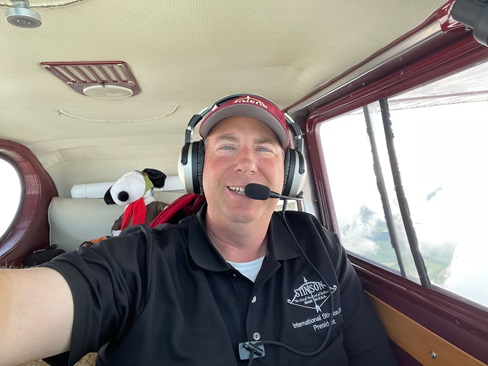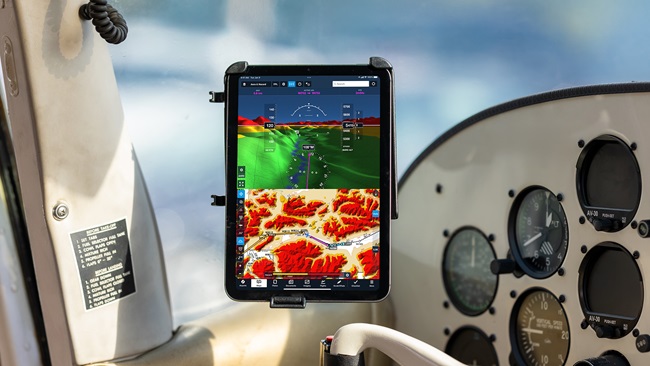NASA has asked general aviation pilots to participate in two special studies it is conducting with the FAA based on data collected through the Aviation Safety Reporting System (ASRS).
The study, “Aviation Weather in the Cockpit and Aeronautical Information Services via Data Link,” seeks information from pilots about incidents that occurred while they were using weather or AIS information in the cockpit.
“The information may be textual and/or graphical, obtained via data link or other sources to include ACARS [aircraft communications addressing and reporting system] and cell phones, on the ground or in the air,” said NASA in a news release.
Factors to be analyzed in the study include the type of weather data received, its accuracy and timeliness, the cockpit display used, software or applications used to receive meteorological information, and end user graphical interface ratings, NASA said. The study began in March 2011 and will continue through 2012.
Since March 2007, ASRS also has been the source of data for examining wake vortex encounter events. The study, which will continue at least through 2012, has reviewed wake vortex encounters occurring in all flight regimes, and is analyzing “magnitude of wake encounter, aircraft spacing, aircraft type, runway configuration, and consequences from the encounter in addition to others.”
Pilots who wish to participate in either study can do so by filing an ASRS report or, in some cases, by filing a report with the FAA’s Aviation Safety Action Program.
To acquire greater detail of reported incidents, ASRS staff will contact pilots who submit reports “and request their voluntary participation in completing a Web-based supplemental question set,” NASA said.
Pilots know ASRS as the venue for reporting safety-related accidents or incidents, with the goal of lessening the likelihood of such events occurring in the future. Information gathered from ASRS reports is forwarded to the FAA only after information identifying the reporting party is removed. Pilots who can show that they filed a report within the allotted time may receive immunity from disciplinary action in any enforcement case arising from the incident—provided, among other conditions, that the violation was inadvertent and not deliberate.
In soliciting ASRS reports for the two special studies, NAS reiterated that all identifying information will be removed before any ASRS research data is provided to the FAA.
ASRS “strongly encourages pilots to participate in the studies and provide a user perspective to support these projects,” it said.



